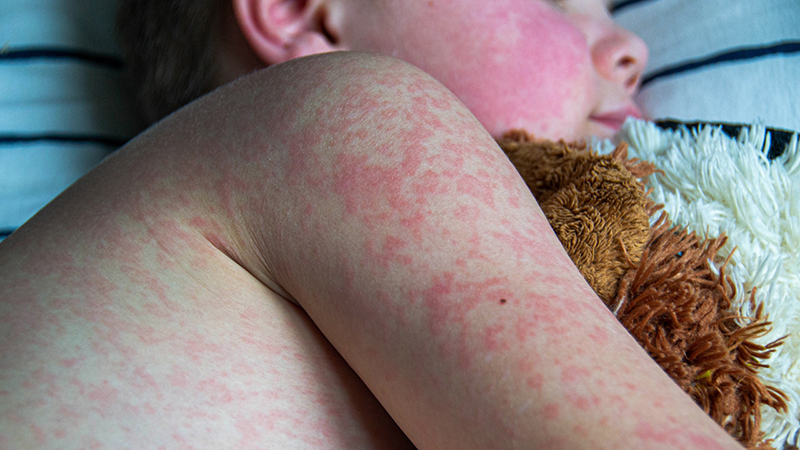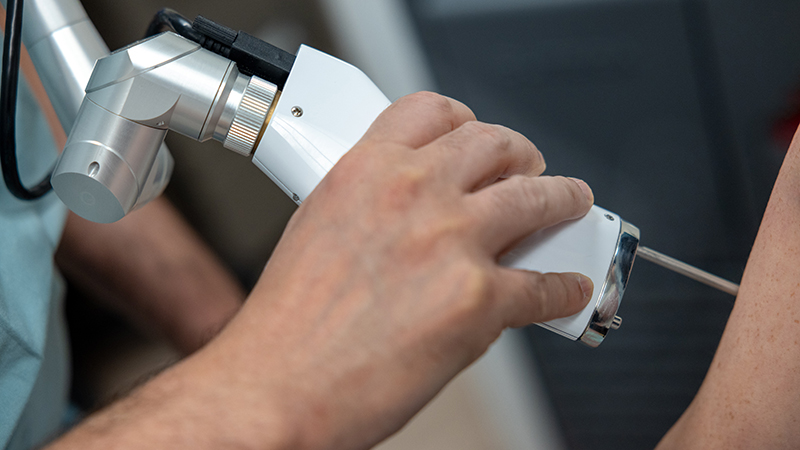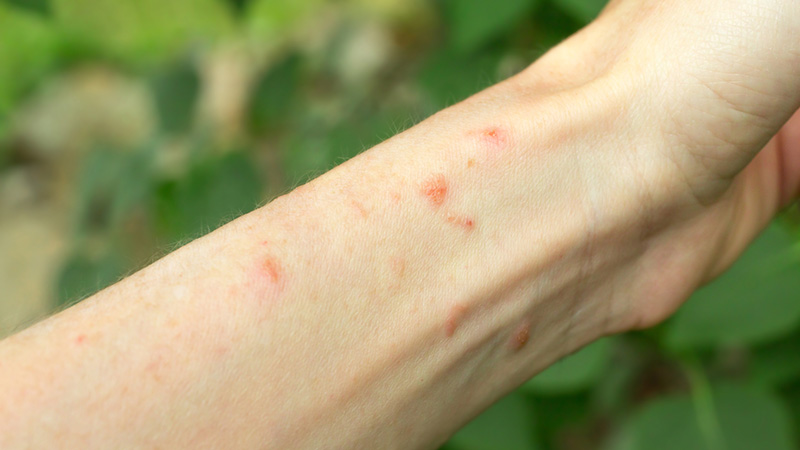Headaches and Hormones: What to Know
Plus, Other Causes and Treatments
Updated August 2022
Headaches can be caused by many factors, and headache disorders are the leading cause of disability among women under 50 years of age. When you learn the most common causes of headaches, you may be better able to alleviate your pain.
Understanding the Relationship
For people with higher estrogen levels, you can likely blame the hormone for your headache woes. Fluctuating estrogen levels can contribute to the development of chronic headaches or migraines. Northwestern Medicine Neurologist Charulatha P. Nagar, MD , explains, “In childhood, migraines are more prevalent in males. But once the influence of estrogen begins, that’s when the prevalence starts to rise in females.” She continues that this provides the basic understanding of why headaches can be more common, longer-lasting and frequent in women.
Headaches are one of the most modifiable disorders.— Charulatha P. Nagar, MD
Estrogen regulates the female reproductive system, and it also happens to control chemicals in the brain that impact the sensation of pain. A decrease in estrogen levels can cause a headache, typically in the form of a migraine, which lasts anywhere from four to 72 hours.
Hormone levels fluctuate for a number of reasons. However, the most dramatic hormone fluctuations occur:
- Before menstruation: To prepare your uterus for menstruation, estrogen levels drop shortly before you get your period. That drop may contribute to migraine headaches.
- During pregnancy: Your estrogen level rises quickly, particularly in the first trimester, to help the uterus and placenta better transfer nutrients and support the development of your baby.
- After giving birth: After delivering your baby, your level of estrogen drops because it is no longer needed to support a pregnancy.
- During perimenopause and menopause: As your body prepares to shut down the ovaries, it undergoes fluctuations in hormone levels.
- If you are taking oral contraceptives: Certain medications can alter your hormone levels.
Hormone fluctuations may also occur, for example, during gender-affirming care, such as hormone-replacement therapy.
Learning Other Triggers
Hormones play a significant role in headaches, but they are not the only cause. Migraines, cluster headaches and tension headaches can occur from heightened stress or emotional distress. Other causes include:
- Anxiety. When you are anxious as a result of stress, you are more likely to eat unhealthy foods, have a disrupted sleep schedule and engage in other behaviors that can perpetuate headaches.
- Glare. The brightness from your computer screen, sunlight or overhead lights can make your head hurt.
- Noise. Sound — whether loud and repetitive or continuous, low-level noise — can cause headache pain.
- Eating and sleeping patterns. Being hungry can cause headaches, as can lack of sleep.
- Medication. Certain prescriptions can trigger headaches.
- Concussion. Headache is a common symptom of a concussion.
- Physical activity. Overexertion can cause swelling of blood vessels in your head, neck and scalp, giving you a headache.
- Lack of physical activity. A sedentary lifestyle can cause headaches.
- Posture. Sitting up straight keeps blood flowing and can help you avoid headaches.
- Food sensitivities. Certain types of foods and drinks release neurotransmitters that can lead to headaches. Common triggers include aspartame, caffeine, chocolate, alcohol and aged cheeses like Parmesan.
- Dehydration. A lack of fluids can cause several types of headaches, so it’s important to stay hydrated and drink plenty of water.
“Headaches are one of the most modifiable disorders,” says Dr. Nagar. “There is hope for seeking relief, and they’re very simple things.” For example, lifestyle changes may help prevent headaches. Maintain a healthy lifestyle that includes nutritious foods, adequate hydration, frequent exercise and proper sleep. Ask your physician about daily vitamins or supplements, such as vitamin B or magnesium.
If you find yourself experiencing a headache, seek a quiet, dark place to rest. Use a damp cloth on your forehead to provide additional relief. Gently rub the area with your forefingers. If headaches persist, keep a journal to better identify possible triggers to discuss with your physician.
“All of this makes a difference,” says Dr. Nagar.
Exploring Treatment Options
If you suffer from headaches, treatment options will depend on the severity of the headache and your overall health.
Fortunately, there are a number of options available if lifestyle changes do not provide adequate relief. “There are more tools in our toolbox as physicians,” says Dr. Nagar. Treatments can include nonsteroidal anti-inflammatory drugs (NSAIDs), triptans, and the most recent addition, calcitonin gene-related peptide (CGRP) inhibitors. These block the effect of CGRP, a small protein found in the sensory nerves that supply to the head and neck, and CGRP inhibitors can prevent headaches.
“The preventive medications are really for people whose headaches are disruptive to their quality of life,” she explains. “It’s really changing the whole paradigm of how they are treated.”
Some headaches, such as those resulting from a concussion, may require specialized care during recovery. Your care team can help you determine what treatment is right for you.
Download Headaches and Hormones: What to Know





